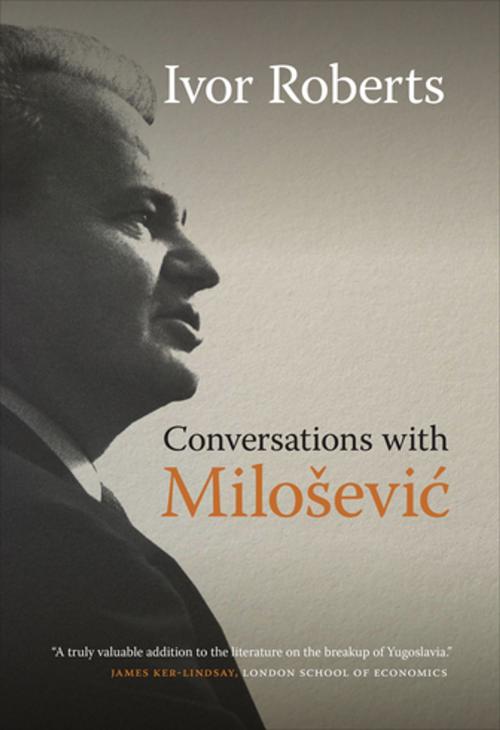Conversations with Miloševic
Nonfiction, History, Eastern Europe, Social & Cultural Studies, Political Science, International, International Relations| Author: | Ivor Roberts | ISBN: | 9780820349428 |
| Publisher: | University of Georgia Press | Publication: | July 1, 2016 |
| Imprint: | University of Georgia Press | Language: | English |
| Author: | Ivor Roberts |
| ISBN: | 9780820349428 |
| Publisher: | University of Georgia Press |
| Publication: | July 1, 2016 |
| Imprint: | University of Georgia Press |
| Language: | English |
Conversations with Miloševic is a firsthand portrayal of the so-called Butcher of the Balkans, the Serbian president whose ambitions sparked the Bosnian conflict. At its heart the book is a portrait of an autocrat who rode the tiger of nationalism to serve his own ends and to promote those who furthered his agenda. The architect of ethnic cleansing in modern Europe, Slobodan Miloševic created and sponsored two Frankenstein’s monsters, Ratko Mladic and Radovan Karadžic, who were also indicted for war crimes.
Through these personalities, diplomat and political advisor Ivor Roberts analyzes the unfolding of the Kosovo conflict, which directly sowed the seeds of radicalization in Europe today. He contends that this conflict later provided a false template for the Bush/Blair administrations’ illegal invasion of Iraq: regime change under the guise of a humanitarian war. He further investigates how international recognition of Kosovoin the years after the conflict in breach of United Nations Security Council resolutions set a disastrous precedent for the Russian annexation of Crimea.
Conversations with Miloševic is a firsthand portrayal of the so-called Butcher of the Balkans, the Serbian president whose ambitions sparked the Bosnian conflict. At its heart the book is a portrait of an autocrat who rode the tiger of nationalism to serve his own ends and to promote those who furthered his agenda. The architect of ethnic cleansing in modern Europe, Slobodan Miloševic created and sponsored two Frankenstein’s monsters, Ratko Mladic and Radovan Karadžic, who were also indicted for war crimes.
Through these personalities, diplomat and political advisor Ivor Roberts analyzes the unfolding of the Kosovo conflict, which directly sowed the seeds of radicalization in Europe today. He contends that this conflict later provided a false template for the Bush/Blair administrations’ illegal invasion of Iraq: regime change under the guise of a humanitarian war. He further investigates how international recognition of Kosovoin the years after the conflict in breach of United Nations Security Council resolutions set a disastrous precedent for the Russian annexation of Crimea.















